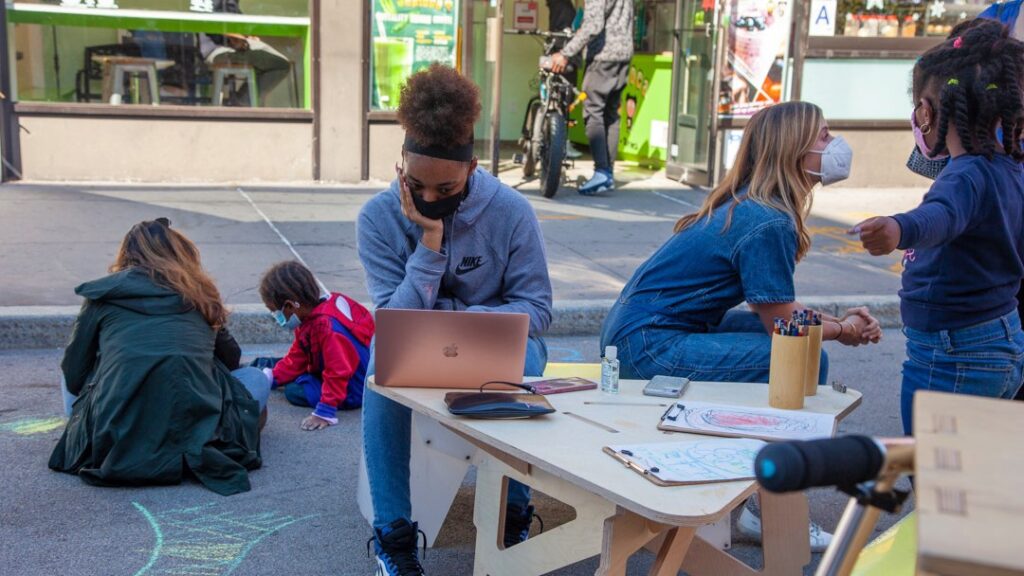Principals And Providers Have Different Views On What The Focus Of After School Programs Should Be
A new study shows that principals and after school program providers have differing views for the focus of these post-school initiatives.

Afterschool programs have existed for over a century. In its roots, during the industrial revolution when more families were heading out of the home to work, they primarily served as a babysitter for children once school let out for the day. While it still is used for this same function, its focus for the time is heavily debated today. A new survey depicts how principals and after school providers vary in their viewpoints of what the post-school day program should center around.
Edweek’s research center recently conducted a survey that polled principals and after school staff and providers asking them about what the biggest focus should be during these hours after school for children who attend. The results showed dissent among the two groups. Principals were more than twice as likely to say that the primary objective should be in providing students with further academic support across the board for elementary, middle, and high school levels.
The survey polled 981 K-12 principals and after school program employees between May 31st and June 10th. At the elementary level, 29% of principals felt that academic support should be the focal point, but only 14% of after school staff shared this notion. For the middle and high school students, there was more approval for academic commitment. 31% responded that this should be the focus.
For the principals who believe that academics should be the major focal point, the core consensus was that it was a necessity now more than ever, to help students catch up from learning loss due to the pandemic and school closures. One principal from Mississippi who participated backed this claim up, responding that after-school programs should act as a way to help student’s who are struggling in school. Additionally, the school leader suggested that these programs should help students with short-term remediation, college and test prep, and work skills development.
On the other hand, the majority of after school providers, and some of the principals felt that there are better ways to spend this time after school. Many of the respondents felt that having fun should be the biggest aspect of these programs. After all, students spend all day in school, and many reports support claims that children are burned out and mentally exhausted by the end of the school day. Because of this, some experts are even calling for shortened school days.
To these supporters of this notion, it seems redundant to attempt to keep children’s brains busy at work on academics after the school day. Furthermore, these respondents feel that after-school programs offer the perfect opportunity for providers to focus on social skills and social and emotional (SEL) aspects. Many of these students’ mental health was drastically altered during the pandemic, and these after school hours could serve as the perfect opportunity to focus on building up these important life skills.

Overall, the research shows that while the major focus of after school programs is viewed differently by many principals and providers, overall, respondents feel that a mixture of academic training and engaging fun activities works as a great balance for these programs. After all, every child is different, and not every student participating in these programs may necessarily need that added academic training. It is important to remember that overall, these programs are in place to provide daycare for working families, but finding that sweet-spot to integrate social activities with academic time can make these programs a win-win for everyone involved.



